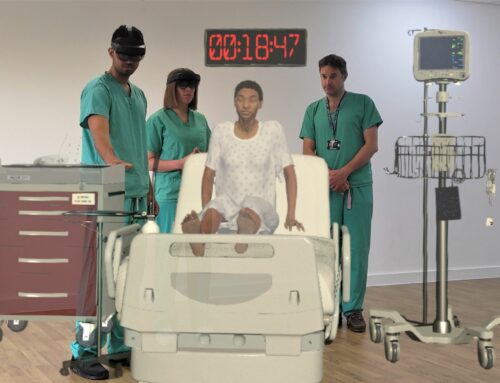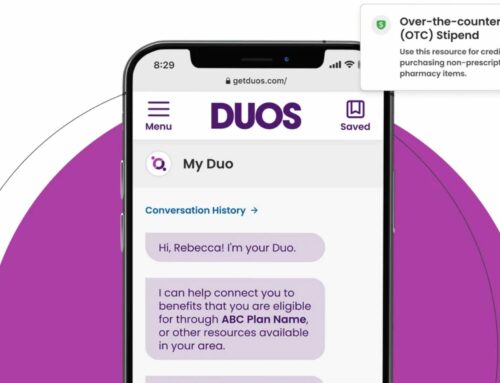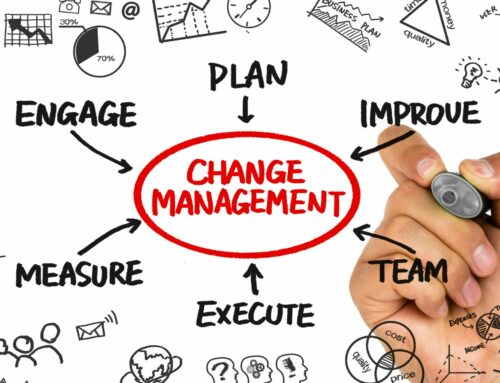By Omri Shor, co-founder and CEO at Medisafe |
Remembering to take your medication may seem a simple task to some, but for those that take 10+ medications at different times each day, some with complex application processes, medication management is a complicated feat with potentially grave consequences if mishandled. Just as with all industries, technological innovations in medication management have empowered individuals with the ability to live as a human first and patient second by covering the tedious work of tracking medication for them, taking the guesswork out of when, where and how to receive treatment.
The dangers and costs of medication nonadherence
Medication nonadherence is both dangerous and costly. Nonadherence to a specified treatment accounts for up to 50 percent of treatment failures and up to 25 percent of hospitalizations every year. In fact, medication mismanagement results in around 125,000 deaths per year in the United States. Furthermore, it is estimated that approximately $100 to $300 billion in annual healthcare costs could be saved through proper medication adherence.
Typically, adherence rates of 80 percent or more are needed for optimal therapeutic efficacy. Patients don’t need to be earning an A+ in their medication management, but guidelines do need to be followed in order to ensure the efficacy of their treatment plans. Unfortunately, it is estimated that the current adherence rate to chronic medication is only around 50 percent.
So where are we going wrong? Historically, medication adherence has been viewed as entirely the patient’s responsibility. After a certain medication is prescribed, it is up to the individuals to properly handle the treatment process and, if it fails, it’s simply due to patient error. However, patient outcomes could be greatly improved if pharmaceutical organizations became more integrated in the patient journey and provided resources to ensure patients feel knowledgeable and supported throughout the entirety of their treatment plan. This could save hundreds of billions of dollars in profit losses, prevent patients from stopping their medicine or missing their next refill, and it could save hundreds of thousands of lives.
The role of medication management in the patient journey
Digital medication management solutions are critical to guiding patients through their treatment and ensuring they stick to the prescribed plan. From the moment a prescription is written, digital medication management can provide education for patients before they even take the first dose.
In addition, these platforms can connect patients directly with their healthcare provider in real-time, helping them feel supported and connected to their treatment. When the data shows a patient is likely to skip a dose or miss a refill, digital medication management solutions can provide just-in-time interventions to prevent patients from falling off their treatment. For patients battling numerous chronic medications, having a “pharmacist in your pocket” can remove much of the fear and anxiety associated with the process.
Furthermore, these medication management companions can utilize AI and data to personalize the response, ensuring the right methods for motivation are paired with patients to ensure effective treatment. Instead of seeing medication management as a draining task of tracking and maintenance, patients can become engaged in their health, with the feeling of their own personal caregiver, as the tedious and mundane aspects are removed from the process.
Future impacts of medication management
Digital medication management platforms guide patients through their treatment plan and empower them with the knowledge they need to feel confident and supported, ensuring they stick to the plan and their treatment delivers the best possible results. While technology has long had a place in the health field, it is still being integrated into the patient experience. Rather than viewing medication management as solely a patient problem, pharma companies can avoid profit losses and build patient trust by incorporating medication management features to the drugs they manufacture. In fact, pharma brands that have incorporated digital medication management platforms have seen as high as 94 percent engagement rates.
In a future where every prescription drug is paired with a digital companion, patients, healthcare providers and manufacturers will all reap the benefits.












